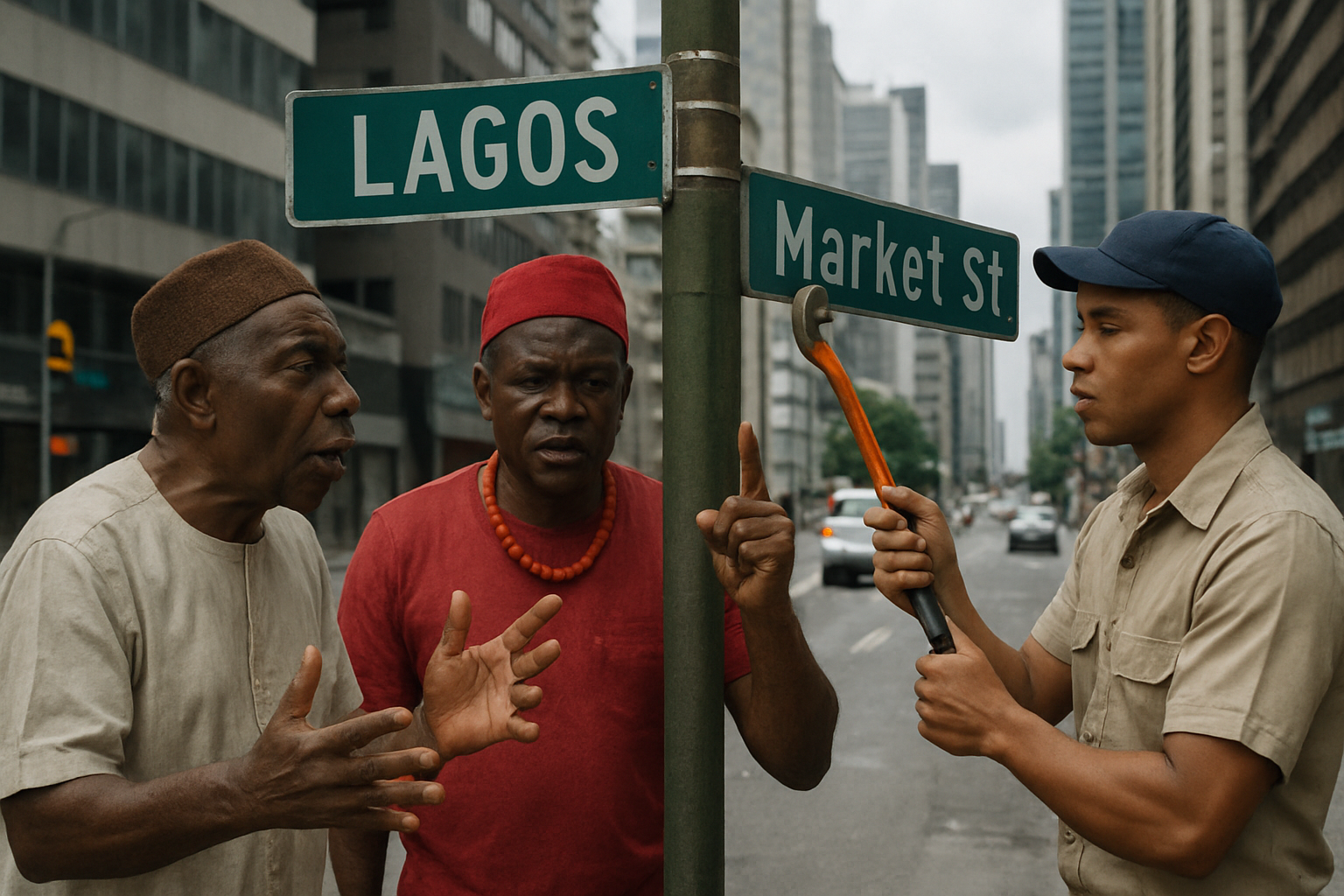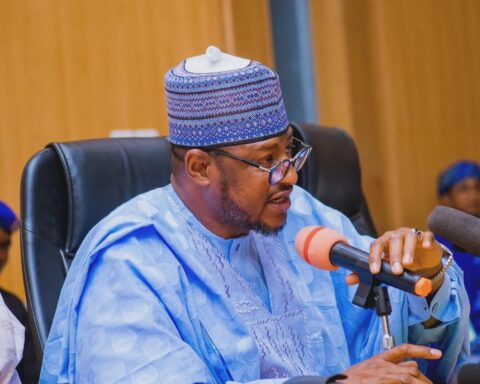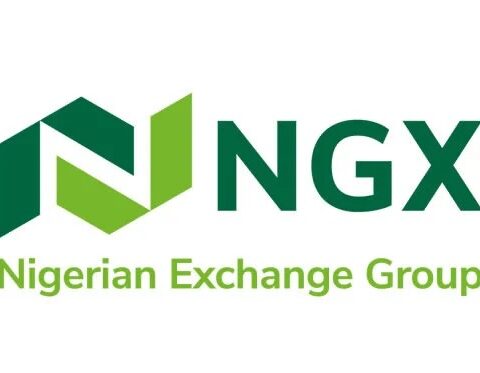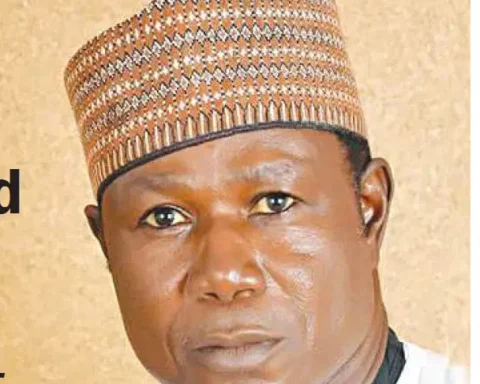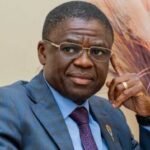By Luke Onyekakeyah
The move by the Lagos State Government (LASG), to arbitrarily rename long- standing street names in Lagos with Yoruba names is absolutely in bad faith. It betrays the cosmopolitan status of Lagos, Nigeria’s megacity. Lagos is a megacity not because it is situated within the Yoruba geographical area but because a multitude of people from the southeast, in particular, northern Nigeria and West Africa flooded into it as Nigeria’s federal capital city, to do business and in turn developed it.
The perceived prosperity in Lagos wouldn’t have been possible without the influx of business magnets from the Igbo ethnic group that dominate trade and merchandise, import/export and real estate investments, among others. It is pertinent to ask what brought about the ongoing change of many street names. Why is it coming at this material time? What does the LASG want to achieve by this controversial exercise?
According to the Lagos State Government authorities, the renaming exercise is aimed at promoting cultural identity and relevance by giving the streets names that reflect the local heritage, among other reasons. This reason does not hold water if the name “Lagos” is not changed first. “Lagos” is not a local Yoruba name. “Lagos” according to history was named by a Portuguese explorer named Rui de Sequeira in 1472. The Portuguese visited Lagos and named it “Lago de Curamo,” which simply means “lake” due to the city’s wetland topography and a network of lagoons. The name was said to have been inspired by Lagos a Portuguese maritime town, which was a major hub for Portuguese expeditions along the African coast.
Across Africa, many countries have changed their colonial names to local names to reflect real cultural identity as the LASG is erroneously claiming. Thus, Gold Coast was changed to Ghana, Benin was formally Dahomey, Burkina Faso was formally Upper Volta, Zimbabwe was formally Southern Rhooksia, Namibia was formally South West Africa, Tanzania was formally Tanganyika, and the latest, Eswatini was formally Swaziland, among many others. Nigeria is perhaps, among the few remaining African counties that are still clinging to their colonial names. Why did the LASG not first change the colonial names “Nigeria” and “Lagos” before focusing on the local Nigerian street names from other ethnic groups, particularly Igbo?
According to history, the name “Nigeria” was coined by Miss Flora Shaw, a British journalist who later became the wife of Lord Frederick Lugard, a British colonial administrator. On January 8, 1897, Flora Shaw reportedly suggested the name “Nigeria” in an article she published in the Times newspaper. From that time, the name remained until when the British amalgamated the northern and southern protectorates in 1914, and the country was officially named Nigeria.
The name “Nigeria” reflects the geographical features of the country as it connects to the River Niger. The name is not indigenous and had no root meaning to any native language of the country. Why then has this name not been changed since independence along with “Lagos?” If the authorities of the Lagos State Government are so patriotic, why have their lawmakers not proposed a bill in the National Assembly for the names of “Nigeria” and “Lagos” to be charged to reflect the cultural identity of the country as many African countries have done?
Rather than do what is right and dignified, they are busy chasing shadow of Igbo imprints in Lagos. This is nihilism, a deep-rooted and intense desire to reject and obliterate anything that is not Yoruba in Lagos. Part of this rejection manifests in the arbitrary demolition of building infrastructures belonging to Igbo in Lagos on the pretext that they were built without approval. How is that possible? How can anybody set out to build a house or estate anywhere within the Lagos metropolis, under the watch of the Planning and Urban Development Ministry, without being stopped or called to order? Or, how come that the LASG authorities would suddenly realise that a building or estate that has been there for many years was built without approval? What sort of system are we operating? That is why I asked why this action is being carried out at this material time. Certainly, it is borne out of a rising anti Igbo sentiment or Igbophobia.
A look at some of the renamed streets would prove this point: Alhaji Adio Mayegun Street, formally Augusta Orji Street along Aro Ologolo Road; Hon. Sikiru Ashorota Close, formerly Chike Mba Close in Osipa London; Barr. Wale Sanni Street, formally Ugochukwu Orji Street in Igbo Efon; Kalejaiye Adeboye Street, formally Uzoh Street in Ajeromi Ifelodun LGA; Layiwola Oluwa Street, formally Imo Eze Street in Ajeromi Ifelodun LGA and Olamide Baddo Bus Stop, formerly Charley Boy Bus Stop, along Oworonshoki Expressway in Bariga LCDA, among others. All these changes show Igbo street names that have been obliterated.
It is pertinent to reiterate that streets in Lagos were named after important individuals, events and cultural icons. The names were not arbitrarily chosen as is being done now to satisfy ethnic and political sentiments. Lagos streets naming conventions reflected its rich history, cultural heritage and socio-political transformations. Thus, apart from the colonial legacy whereby streets were named after colonial figures, example Macpherson Street, Glover Road, Carter Bridge and Egerton Street, others were named after local heroes and icons, irrespective of their ethnic extraction. That was Lagos when ethnic chauvinists had not emerged. Apart from the Yoruba, the Igbo have been prominent in making Lagos and having streets named after them. Now they want to erase the names. Why is it so today? The Igbophobia sentiment has taken over. It is real across Nigeria. The goal is to obliterate any vestige of the Igbo.
Some years back, this same action was implemented in Port Harcourt, Rivers State. The Rivers State Government came from the context of the prefixes “Umu’ and “Rumu.” It was argued that during the Eastern Region Government, Igbo influenced the adoption of “Umu” prefixes in place of the traditional Ikwere “Rumu” prefixes. As a result, at the end of the civil war and the creation of Rivers State, many street names were changed to the “Rumu” prefixes.
It is worth noting that what is happening in Lagos and what happened in Rivers State are connected and have one objective – to erase anything connected to Igbo. That being the case, any talk about national unity in Nigeria is a huge joke. There can be no unity when one ethnic group is signed out for marginalization and if possible obliteration.
